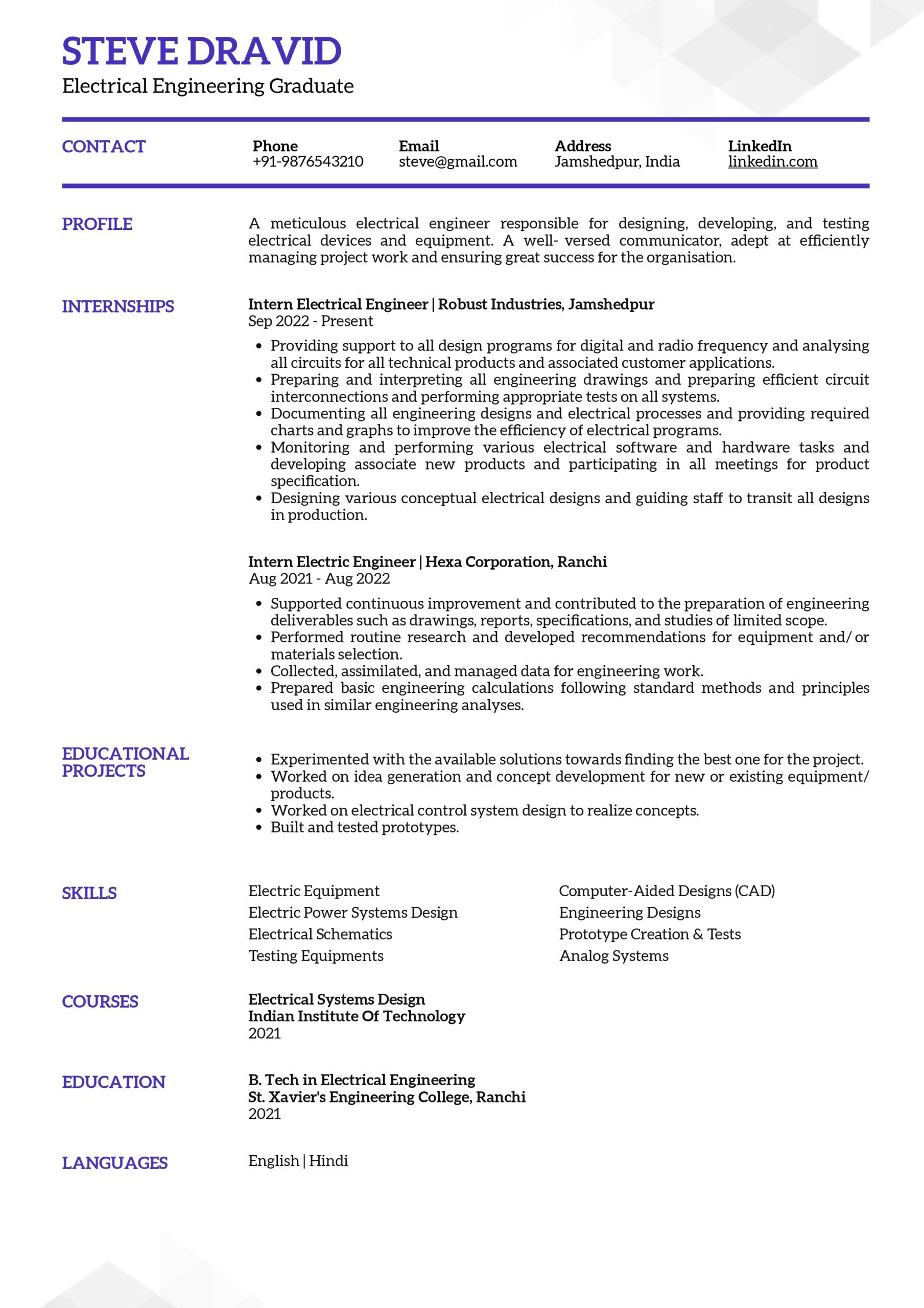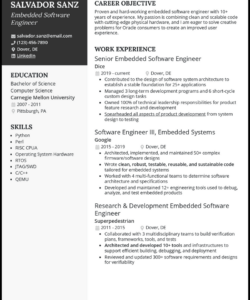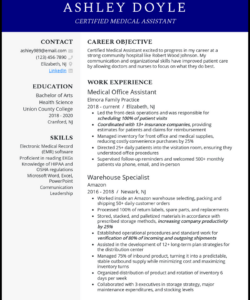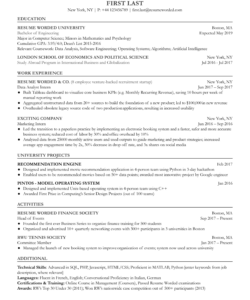So, you’ve just graduated, perhaps with that shiny engineering degree in hand, and now the big question looms: how do you translate all that hard work, those late-night study sessions, and complex projects into a compelling document that lands you an interview? For many fresh electrical engineers, crafting that very first resume can feel like an entirely new engineering challenge. You’ve got the knowledge, the skills, and the ambition, but presenting them effectively when you lack traditional work experience can be tricky.
Fear not, because you’re in the right place. We understand that starting your career journey requires more than just academic prowess; it demands a resume that stands out. That’s why having a solid foundation, like an excellent electrical engineer fresher resume template, can make all the difference, guiding you to highlight your strengths and potential even without years of industry experience under your belt.
Crafting Your First Impression: Essential Sections for Your Electrical Engineer Fresher Resume
Your resume is often the very first impression you make on a potential employer, and for a fresher, it needs to be impactful. Think of it as your personal marketing brochure. Every section serves a purpose, guiding the recruiter’s eye to the information they need to see. From your contact details to your project work, a well-structured resume ensures clarity and professionalism, making it easier for hiring managers to quickly grasp your qualifications and decide if you’re a good fit for their team.

Starting with your contact information, ensure it’s accurate and easily visible at the top. This includes your name, phone number, professional email, and a link to your LinkedIn profile (highly recommended for networking). Directly below that, for freshers, an “Objective” or “Summary” statement is crucial. An objective clearly states the type of role you’re seeking and your career aspirations, while a summary (often better if you have a few relevant projects or internships) highlights your key skills and qualifications right away. Keep it concise, focused, and tailored to the specific job you’re applying for.
For an electrical engineer fresher, your “Education” section is arguably the most vital. Since you might not have extensive work experience, your academic background becomes your primary selling point. List your degree, university name, graduation date (or expected date), and your major. If your GPA is strong (e.g., 3.0 or higher on a 4.0 scale), definitely include it. This section is where you demonstrate the foundational knowledge and theoretical understanding that underpins your engineering capabilities.
Highlighting Your Academic Achievements
Beyond just listing your degree, delve into what you actually *did* during your studies. This is where you bring your coursework to life and showcase practical application. Think about relevant electrical engineering courses that align with the job description. Did you work on any capstone projects, research papers, or significant lab experiments? These are gold mines for demonstrating problem-solving, analytical skills, and hands-on experience, even if it was in an academic setting. Describe the project’s purpose, your specific role, the technologies or methodologies you used, and the outcome or impact.
- Relevant Coursework: List specific electrical engineering subjects pertinent to the job.
- Academic Projects: Detail 2-3 significant projects, including title, your role, technologies used (e.g., MATLAB, Simulink, PCB design software), and results.
- Laboratory Experience: Mention hands-on lab work that provided practical skills.
- Certifications: Any relevant certifications or online courses completed.
- Awards and Honors: Dean’s list, scholarships, or competition wins.
Making Your Electrical Engineering Skills Shine (Even Without Experience)
One of the biggest hurdles fresh graduates face is the perceived lack of “real-world” experience. However, this doesn’t mean you have nothing to offer. The key is to reframe your academic and project experiences into transferable skills and capabilities that employers value. Your university projects, extracurricular activities, and even volunteer work can provide concrete examples of your technical prowess, problem-solving abilities, and soft skills, all of which are highly sought after in the engineering field.
Focus heavily on a dedicated “Skills” section, dividing it into “Technical Skills” and “Soft Skills.” Technical skills are specific tools, software, programming languages, and theories you’ve mastered. Be precise; instead of just “design,” specify “circuit design software” or “Verilog programming.” For soft skills, think about teamwork, communication, problem-solving, adaptability, and leadership – these are crucial in any professional environment and can be demonstrated through group projects or leadership roles in student organizations.
Beyond your core curriculum, consider any internships, co-op programs, or even short-term workshops you’ve attended. Even if an internship was unpaid or short, the experience gained is invaluable. Describe your responsibilities and achievements using action verbs and quantifiable results whenever possible. For example, instead of “helped with circuit testing,” try “Executed comprehensive testing protocols on PCBs, identifying and resolving critical defects which improved product reliability by 15%.”
Remember that an effective electrical engineer fresher resume template isn’t just about filling in blanks; it’s about strategizing how you present your unique qualifications. Always tailor your resume for each job application. Read the job description carefully and ensure your resume uses keywords from the posting and highlights experiences that directly relate to the role. This shows the employer you’ve done your homework and are genuinely interested in *their* specific opportunity, significantly increasing your chances of getting noticed.
Crafting a compelling resume is your first step towards landing that coveted electrical engineering position. By clearly articulating your technical skills, relevant projects, and academic achievements, you can build a document that effectively showcases your potential. Take the time to refine each section, proofread diligently, and solicit feedback from mentors or career services. A well-prepared resume opens doors, paving the way for exciting career opportunities and allowing you to embark on your professional journey with confidence.


